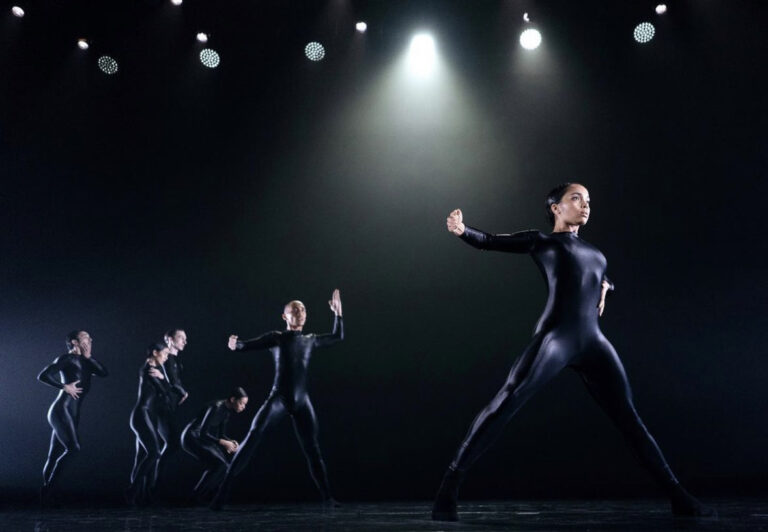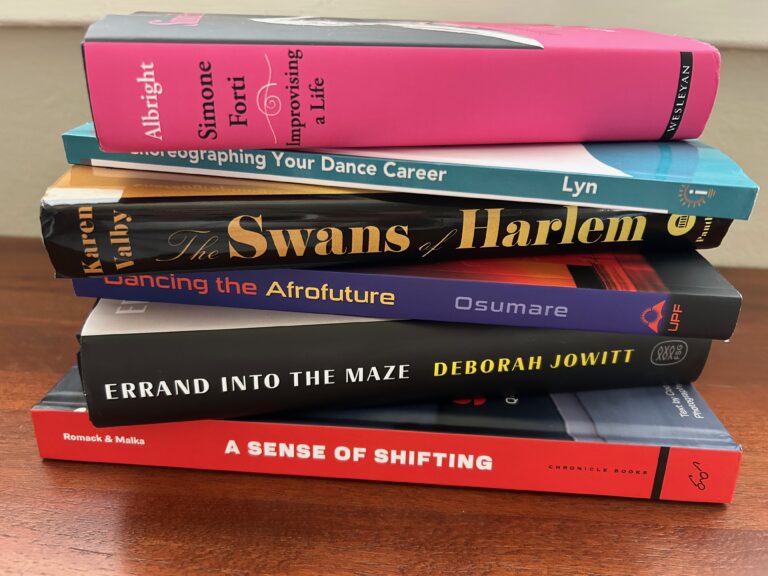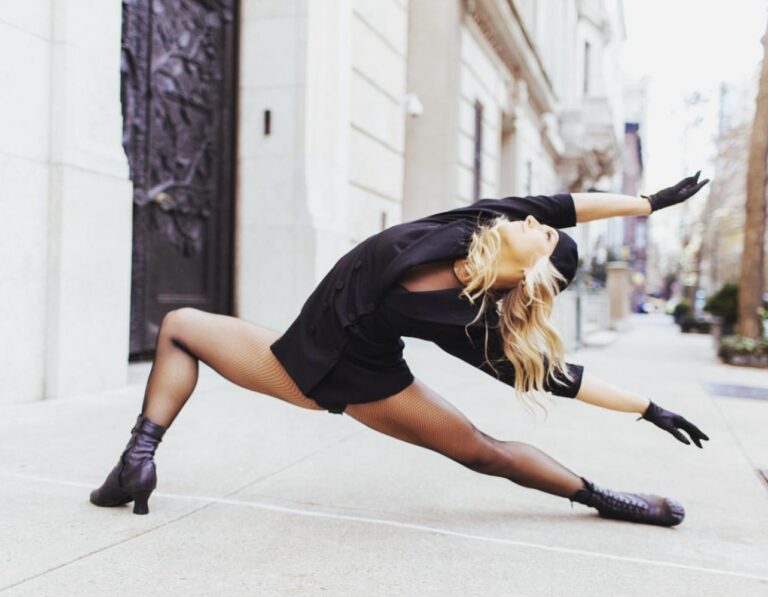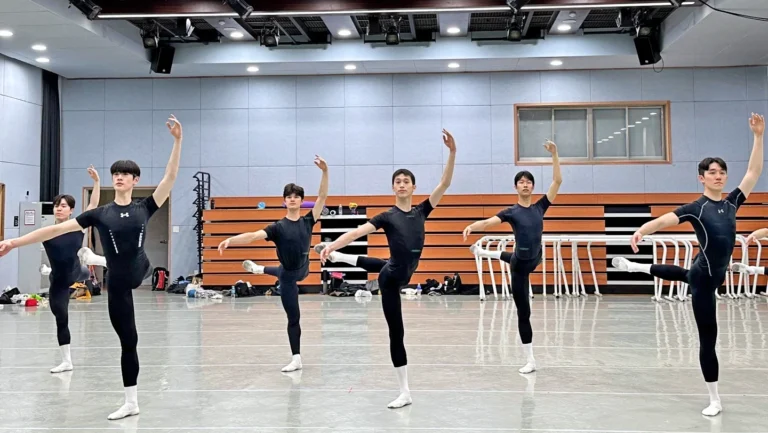A: At our studio, all the solos, duets and trios are invitation-only. The teachers determine who gets what at our competition staff meeting. All of the teachers voice their opinions on eligible students’ talent, work ethic, performance ability, maturity, class attendance and how they handle corrections. Once we decide who will receive a solo, we determine the genre.
There are other things to be considered beforehand, too. Is the parent ready for the solo? (Or will you be creating the dreaded “stage mom”?) Would a duet, trio or small group be a more beneficial way to gain competitive experience?
If you decide to give a young student a solo, you should also be wary of burnout. This can happen down the road when the student is older and has been doing solos for eight or nine years. So many years of high-level commitment can take the shine off the competition experience.
I have found that doing a solo will help a dancer improve her technique, vocabulary and performance skills quickly—often faster than that of her classmates who do not have solos. This can create problems with students (and their parents) thinking they are too good to dance with their peers. To do a solo with a 5-year-old is definitely a double-edged sword, so be very sure of your decision.
Joanne Chapman is the owner of the award-winning Joanne Chapman School of Dance in Brampton, Ontario.




